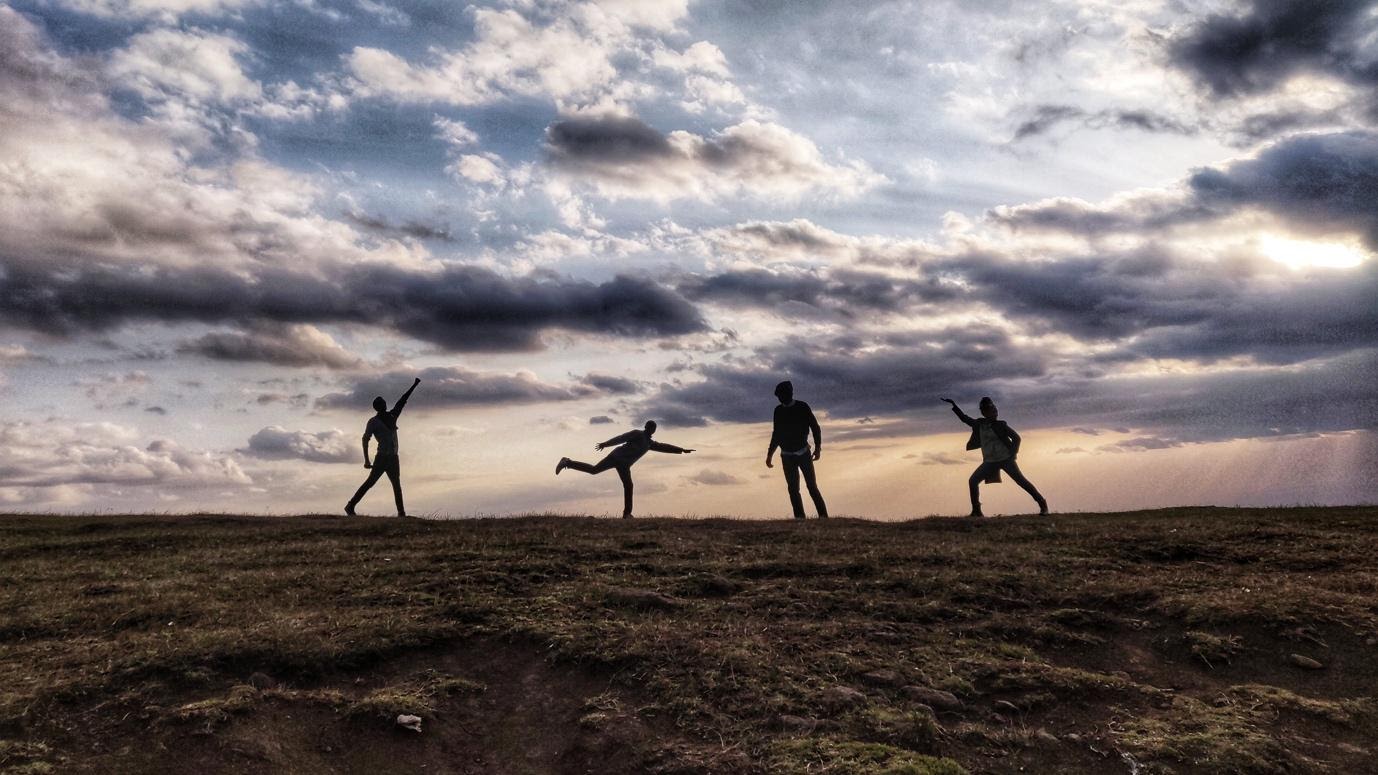Mawiyoo, Ngwatilo. “Kenyan Poetry: An Introduction.”
Transnational Literature. Vol. 13, Oct 2021.
Access as PDF here
With a view to increasing cross-cultural interaction and introducing readers to contemporary poetry from different parts of the world, Transnational Literature includes a small guest editor slot in its poetry section, curated by (and partly featuring the work of) an established poet from our featured country. In this issue we're honoured to have a selection of Kenyan poetry curated by the multi-talented writer, actor and film-maker, Ngwatilo Mawiyoo, who has twice been nominated for the Pushcart Prize and twice shortlisted for Brunel University’s African Poetry Prize. The poems in this selection are infused with a sense of history yet sing with contemporary music.
Alison Flett, Poetry Editor

Photo: Sam Kitonyi
Contemporary Kenyan poetry hails from a lineage inseparable from ngoma, encapsulating drums, music, dance, the sacred. We are descendants of whirling dervishes with sweat and percussive jewels for skirts. We are recollecting the rhythms of the old ‘chants’, transmitted and preserved by the mad or unholy—we are remixing them. We search for freedom within the rules of shairi’s restrained melodies and strict syllabic lines. We are finally learning to celebrate Somali poetry in what becomes Kenyan poetry; we nurture it and are nurtured.
Our poetic heritage is also rooted in David’s Psalms, hymns carried across the seas by missionaries hoping to save our souls. It is the result of generations of children participating in the Kenya Schools and Colleges Drama Festival – an inherited competition that tends towards prescriptions of puritanical propaganda – to find play and, on occasion, scorching critique. We come from freedom fighters, nostalgic for the pastoral; we have subsumed spoken word’s cosmopolitan flare, its angst, its straight talking. Our influences are wide: Marjorie Oludhe Macgoye, Okot p’Bitek, Ukoo Flani, Mutabaruka, T. S. Eliot, Lebo Mashile, Gertrude Stein, Audre Lorde.
Making poems in contemporary Kenya is as much about claiming a mode of speaking – an accent, a posture – as it is about sloughing one off. We are tricksters at play, creating the salve we need.
My obsession with a poetry of place has become far more urgent in this second year of the COVID-19 pandemic. Grounded in yet another lockdown, I’m looking for a new way to ground myself: a way that offers freedom. A poem may let me relive a moment in the ocean, enable me to appreciate the view from my balcony and discover new movement and colour in the minutiae I’ve grown blind to. At a time when many of us feel like astronauts floating off into the void, alone in our own bubbles, these poems keep me tethered to fellow corner-dwellers, within sight of the orange brick.
Michelle Angwenyi, Bethuel Muthee and Alexis Teyie’s poems all reflect a hard-earned joy. The woeful speaker in Michelle Angwenyi’s poem battles to focus their mind on the peaceable pigeons of the present in order to find some respite. In spare lines, Alexis Teyie uses the language of the farmer who insists (without naming the malady) that “these arms can harvest joy, too.” And Bethuel Muthee’s unwavering eye takes mundane and troublesome balcony scenes and describes both in a language of acceptance and beauty. Suddenly, mitungi – water jars supplementing an inconsistent water supply – can be seen with the same loving eye that celebrates philodendron and geranium. Through these poets, Kenyan poetry claims yogic sensibilities!
My “Found” poems extract language from foundational texts to locate an ancestor’s experience of colonialism, to process the loss of a parent. In “Night Swim,” the unbridled joy in the sloughing off of clothes echoes a sentiment similar to that found in Alexis Teyie’s offering. But where joy is temporal in my poem, in hers it is perennial.
I’m thrilled to share the work of these talented poets with you. May their words comfort you, as they did me.
